Diversity and Justice Clubs team up to end police brutality
A panel to discuss the topic of police brutality was held in the BSM chapel on Wednesday, December 17.
December 18, 2014
On December 17, the BSM Diversity and Justice Clubs teamed up to lead a panel to discuss the racial prejudice and police brutality that is now becoming more predominant in current events.
This panel is lead by the clubs’ leaders, Parker Breza and Brandon Banks. The panel will also have guest speakers who feel passionate about the two topics, having researched both the Michael Brown and Eric Garner cases.
This event, however, was not the first time the two clubs have joined together to spread awareness about this topic. Last week, the Justice Club and Diversity Club hosted a prayer vigil during sixth hour. Led by Peri Warren, the vigil was held during all three lunches and helped people either think about the police brutality and racial prejudice.
This allows us to make a difference in the world, even if it small
— Brandon Banks
The two topics were further discussed during the panel. Brandon Branks, a junior, was one of the mediators during the panel. Banks has been involved in both clubs and is actually the founder of the Diversity Club. He and the other leaders are trying to help students at BSM build three different opportunities. “These opportunities consist of education, engagement, and action. This allows us to make a difference in the world, even if it small,” Banks said.
Banks is not the only BSM student who feels passionate about this topic. Zeph Kaffey, a senior, has tried to put an end to these injustices. In fact, she has written spoken word poetry in regards to her opinions about the issues. “One of the poems was called ‘Beautiful Boy’ and it is about the School-to-Prison Pipeline. The second poem was called ‘Upstander’”, Kaffey said. Her second poem shares her belief about bullying: “People not being involved in the racial discrimination. These people don’t want to pick a side on racial issues or shootings. The thing is you don’t have to pick a side; there is a right thing to do and a wrong thing to do,” Kaffey said.


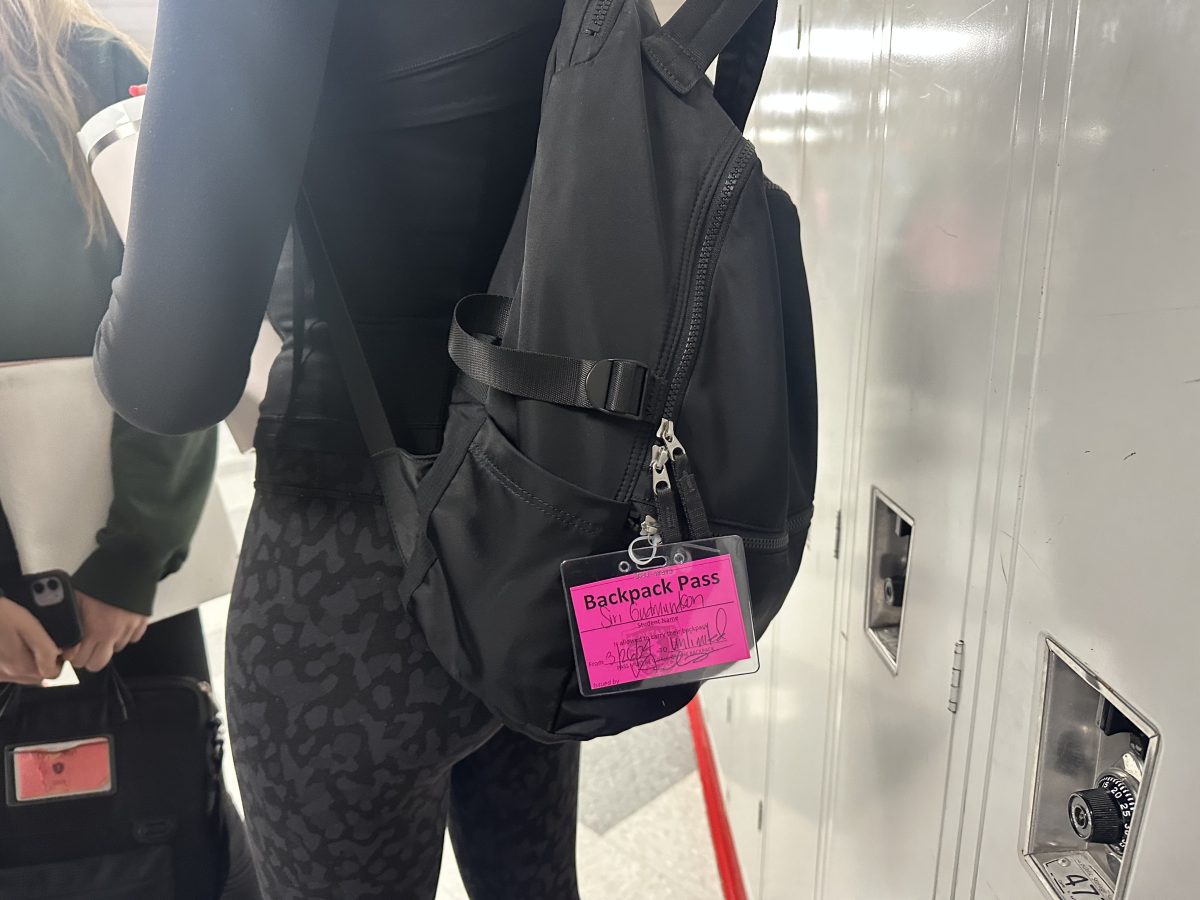
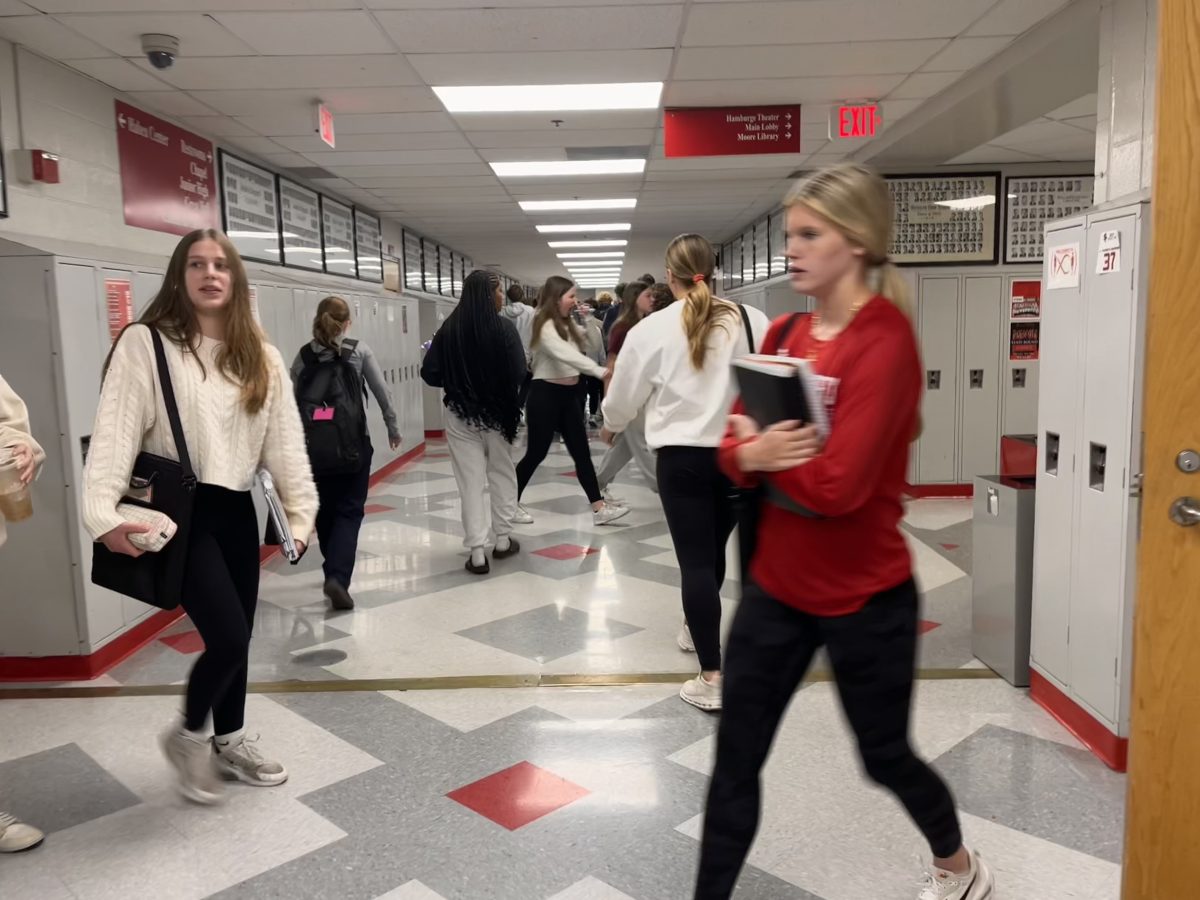
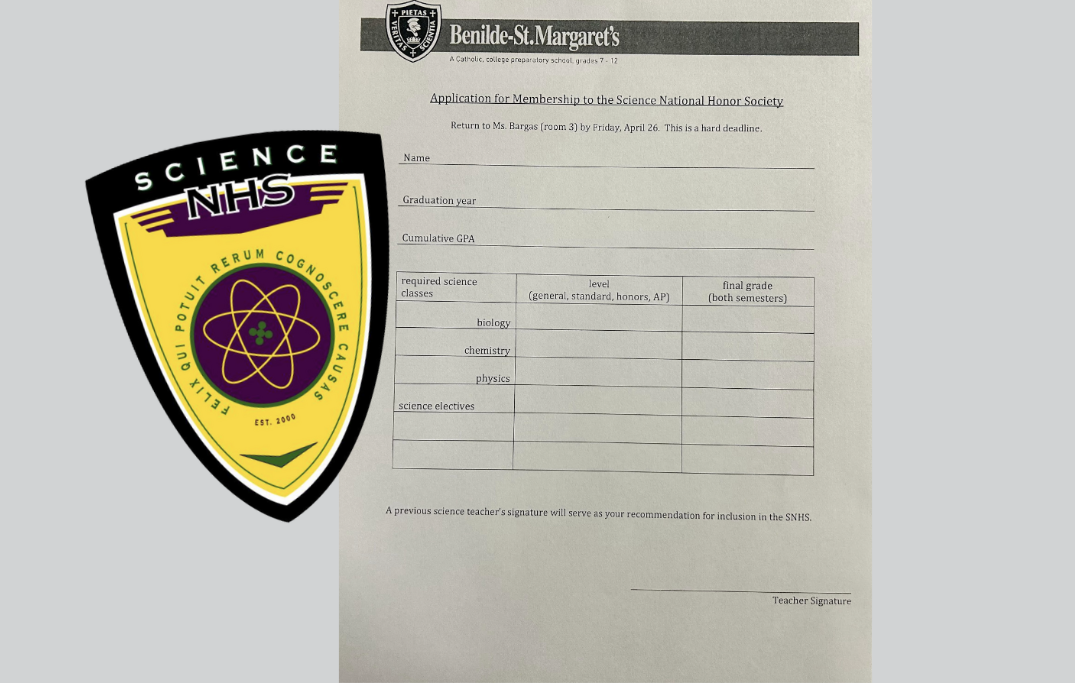
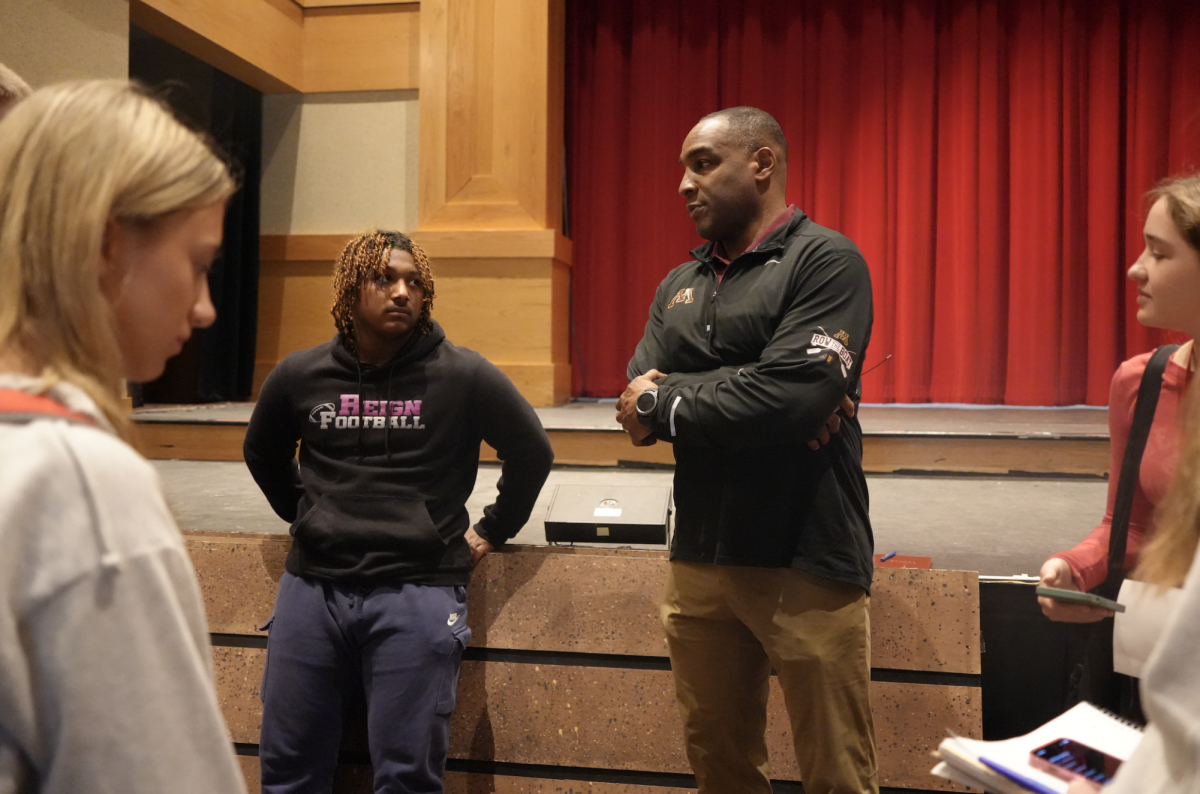
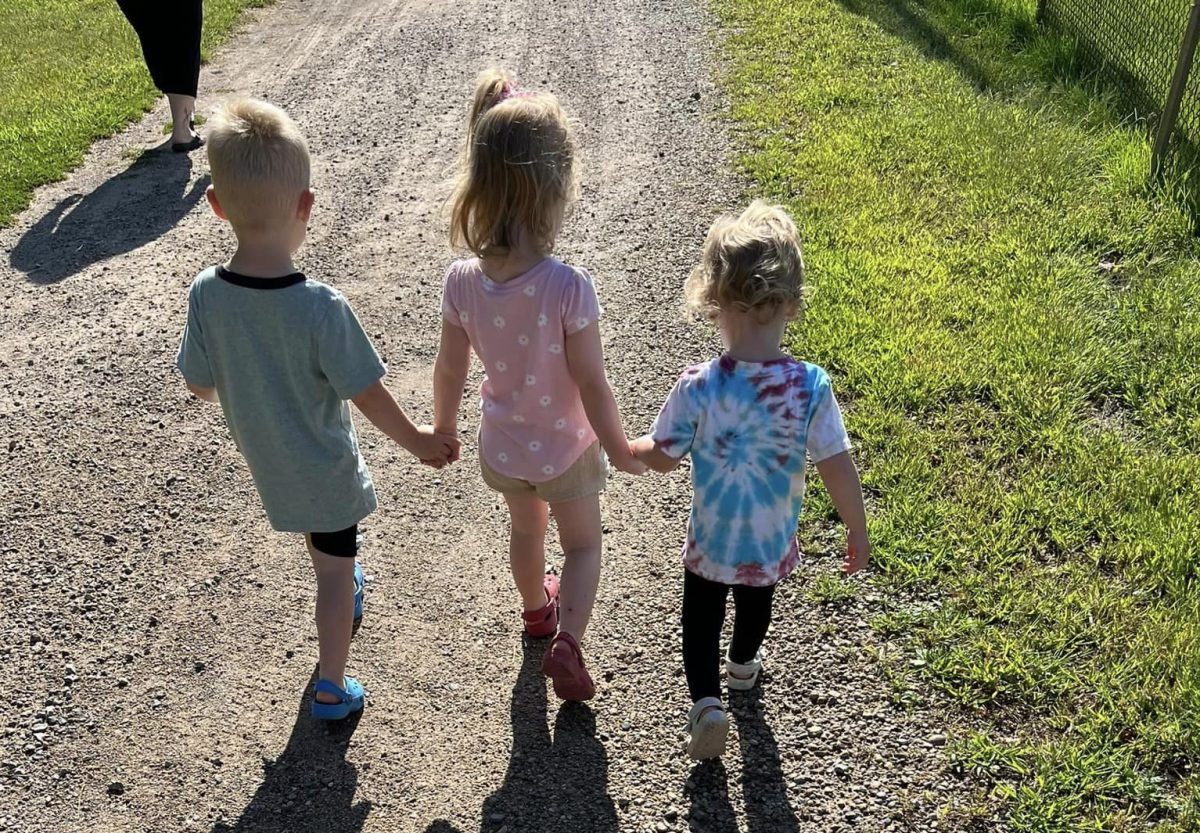
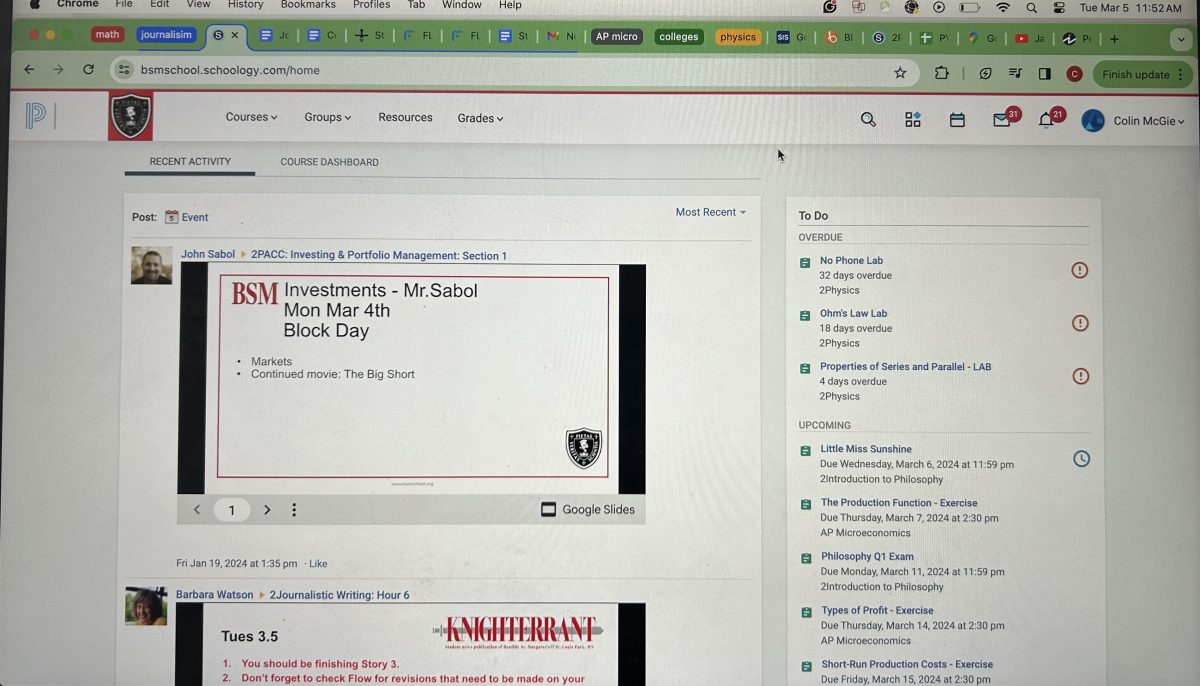
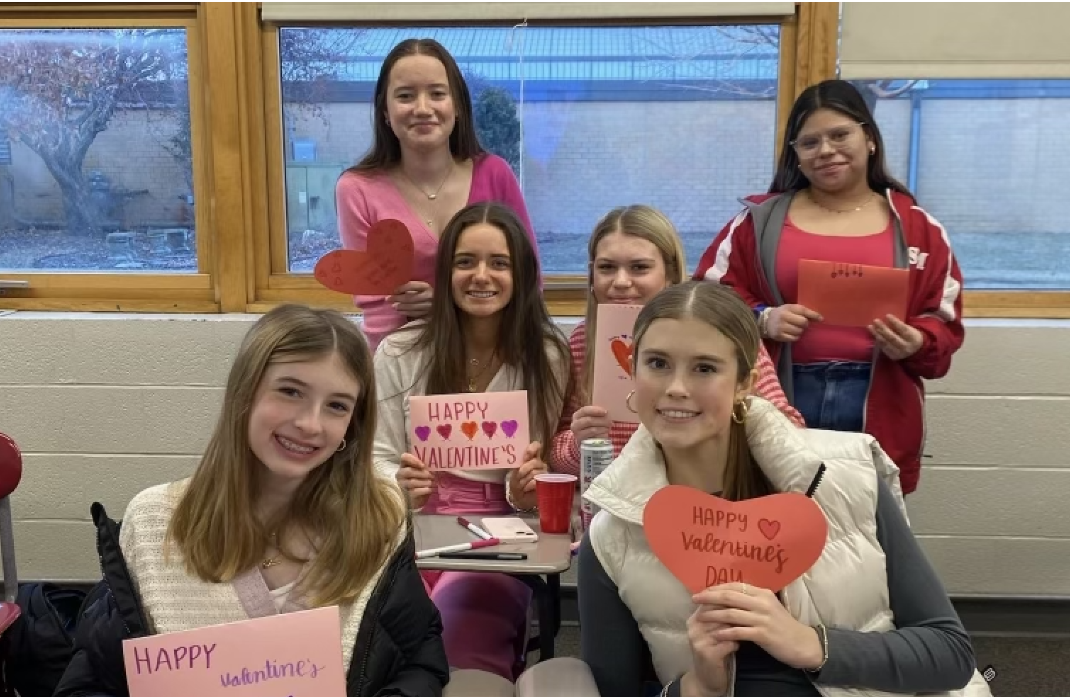
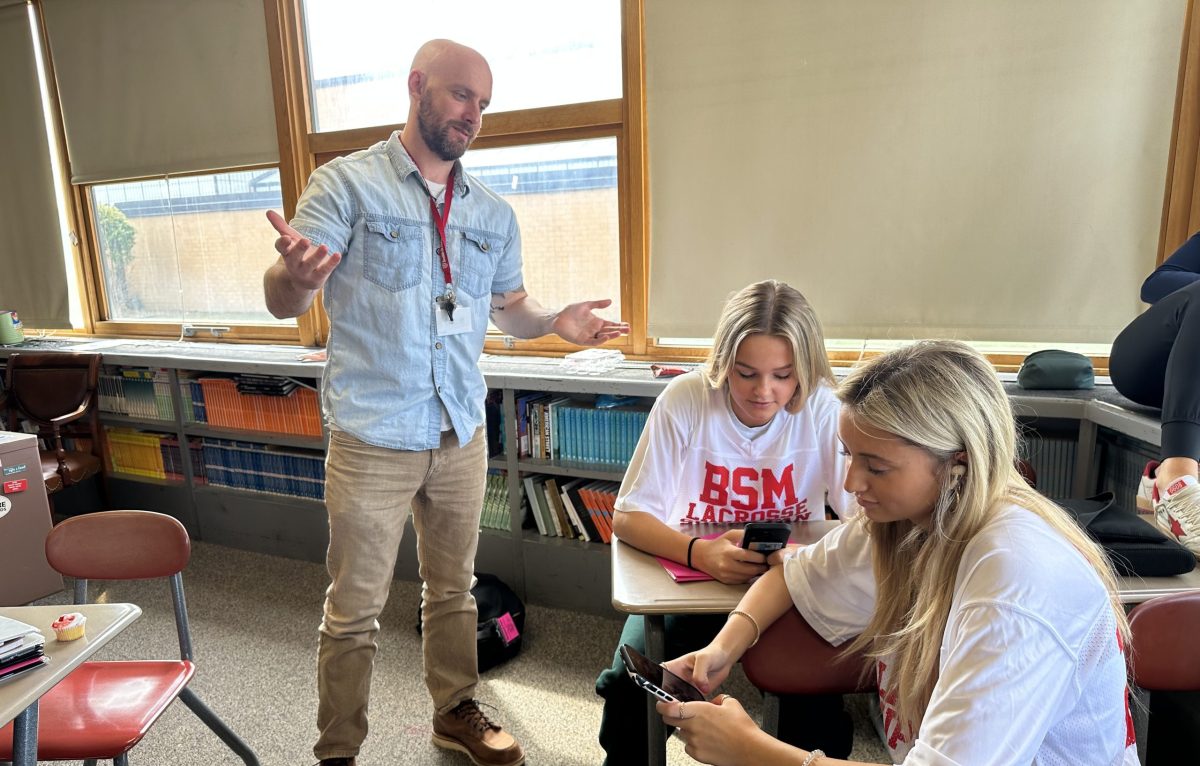
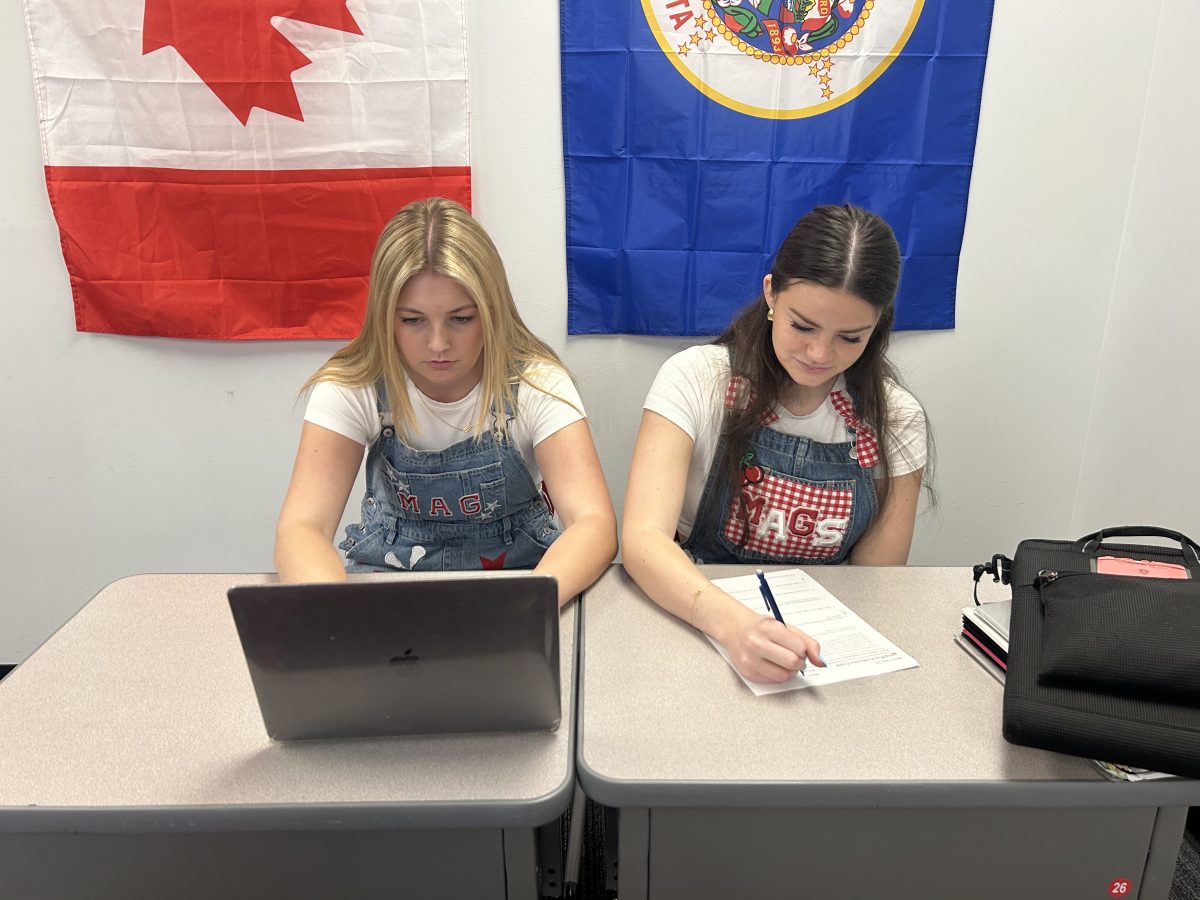



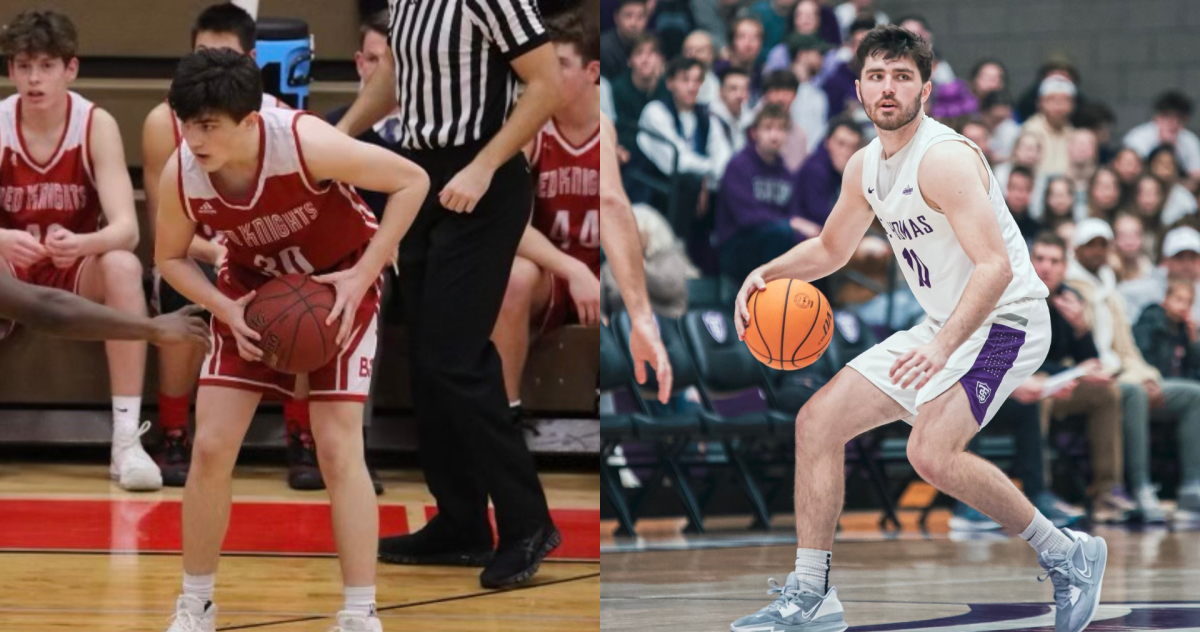
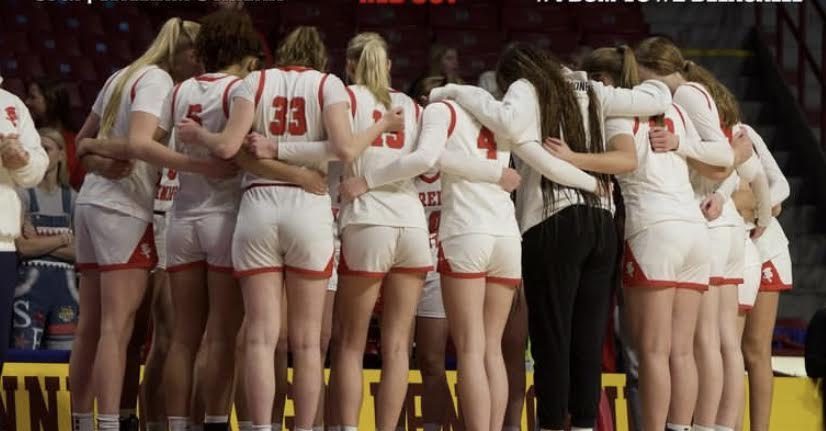




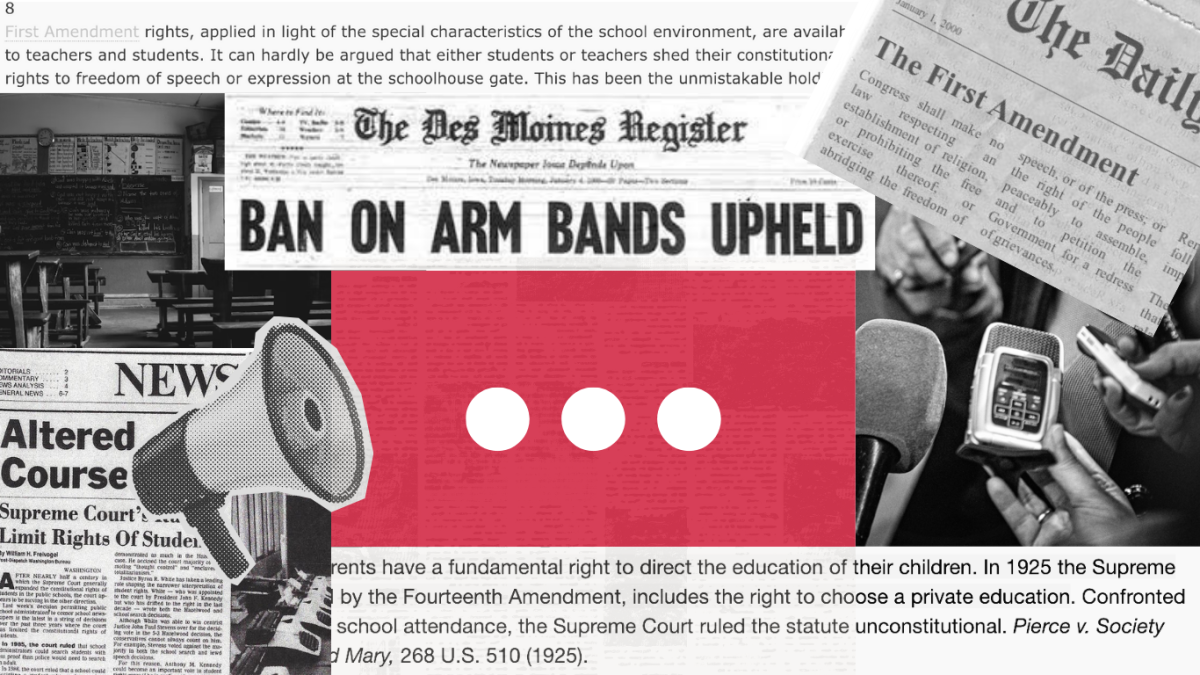


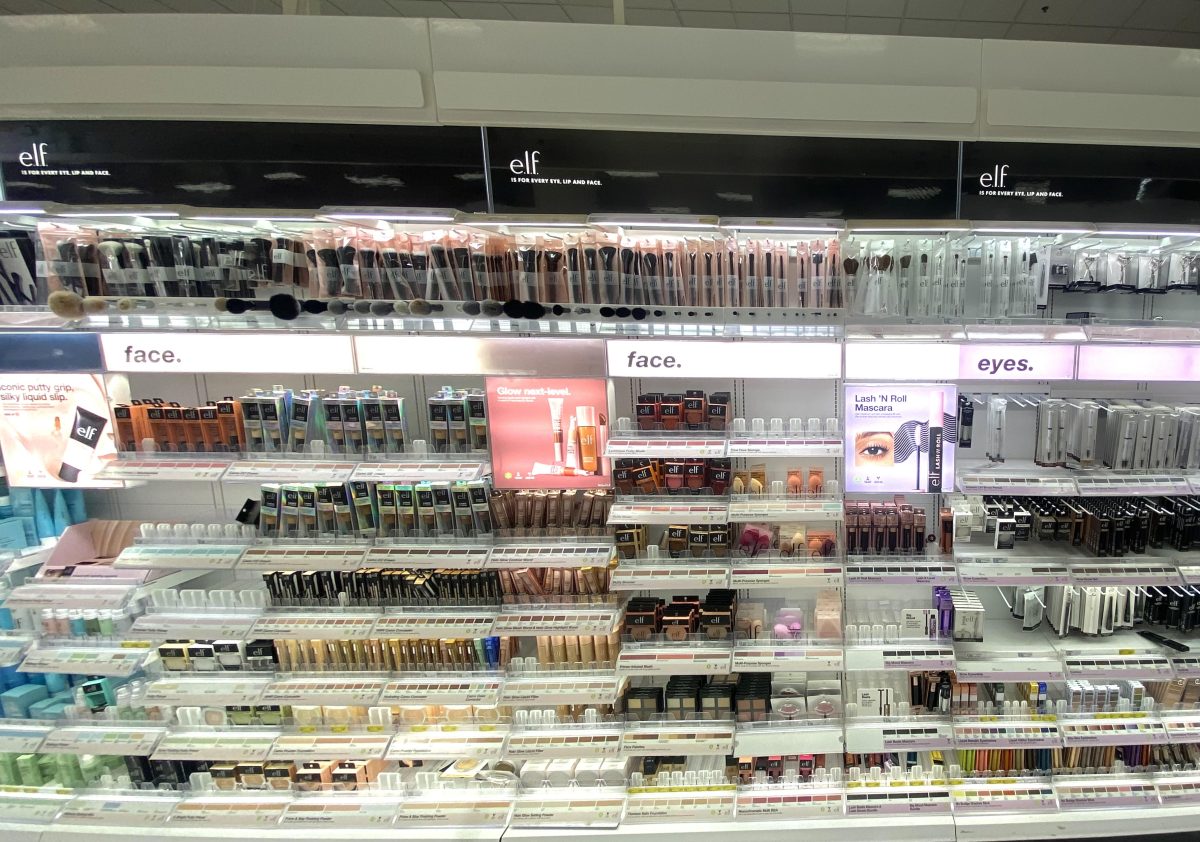
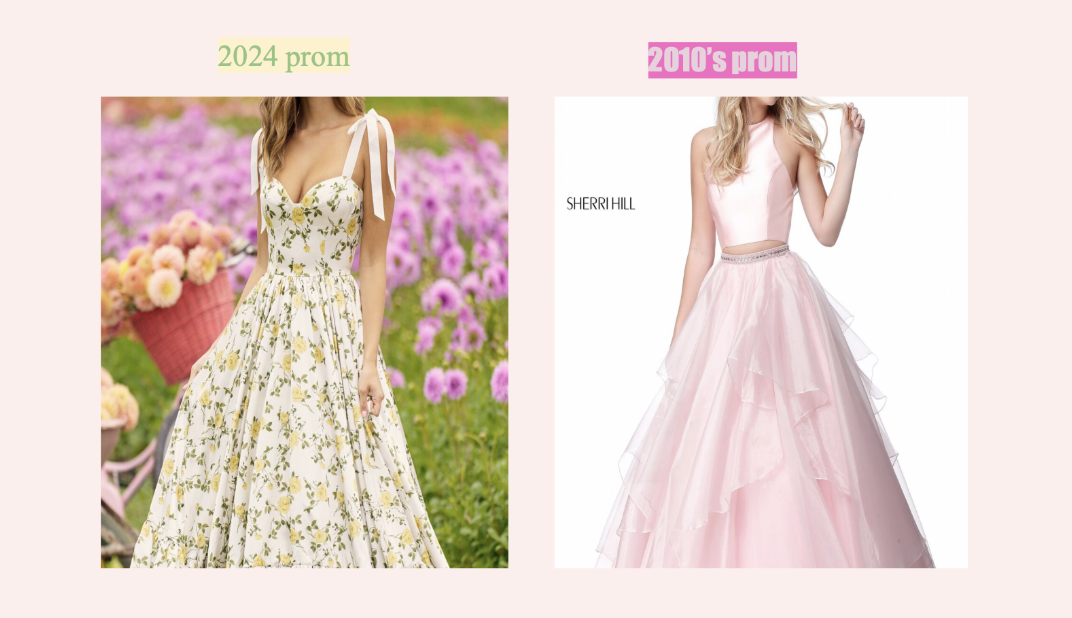

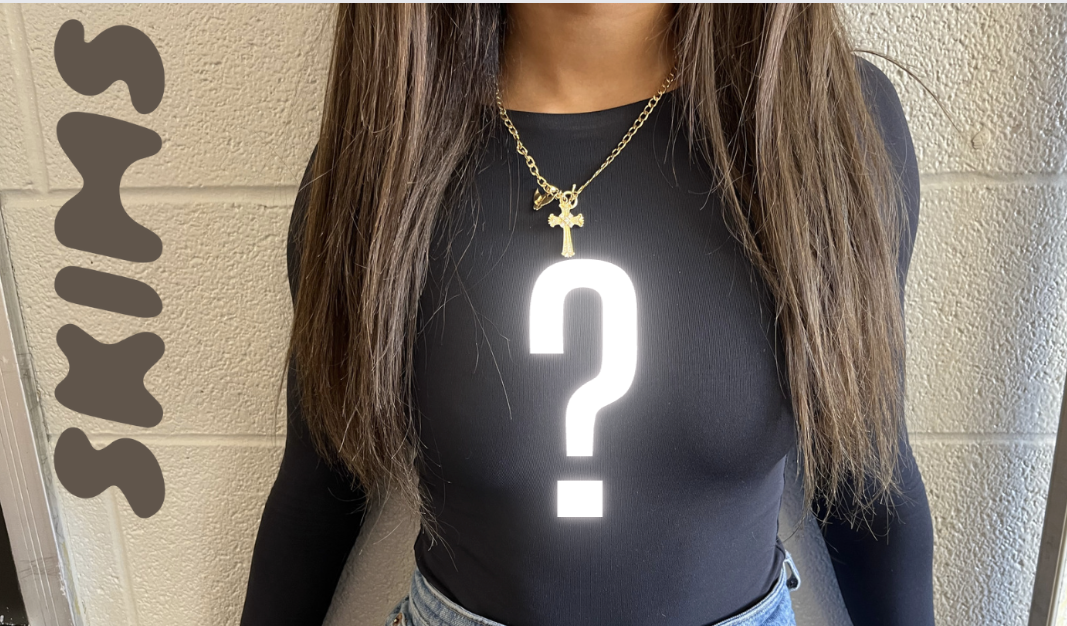









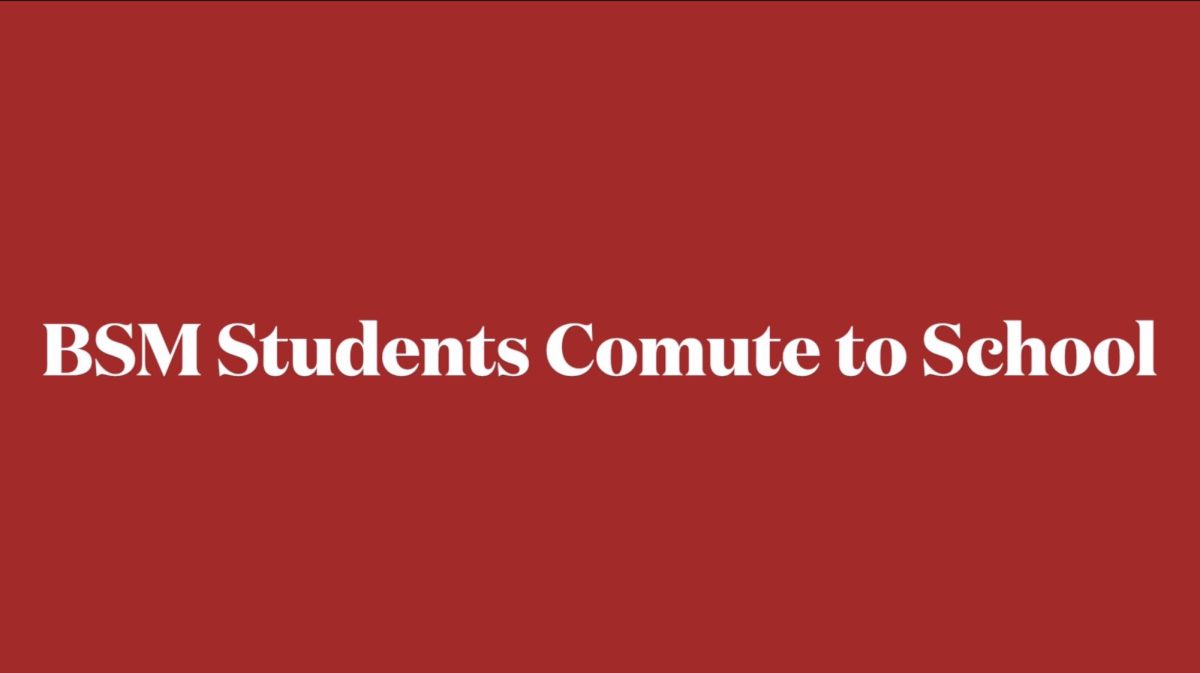





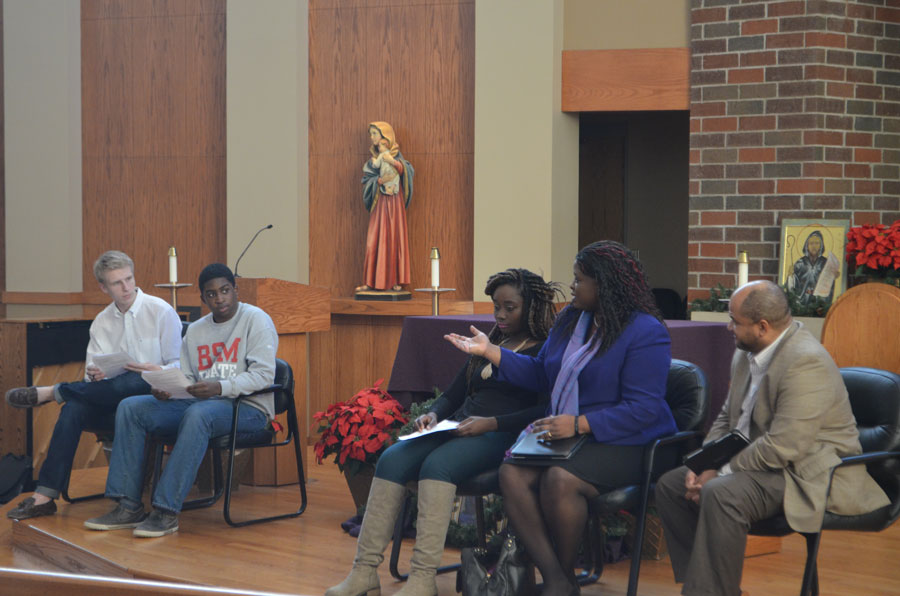
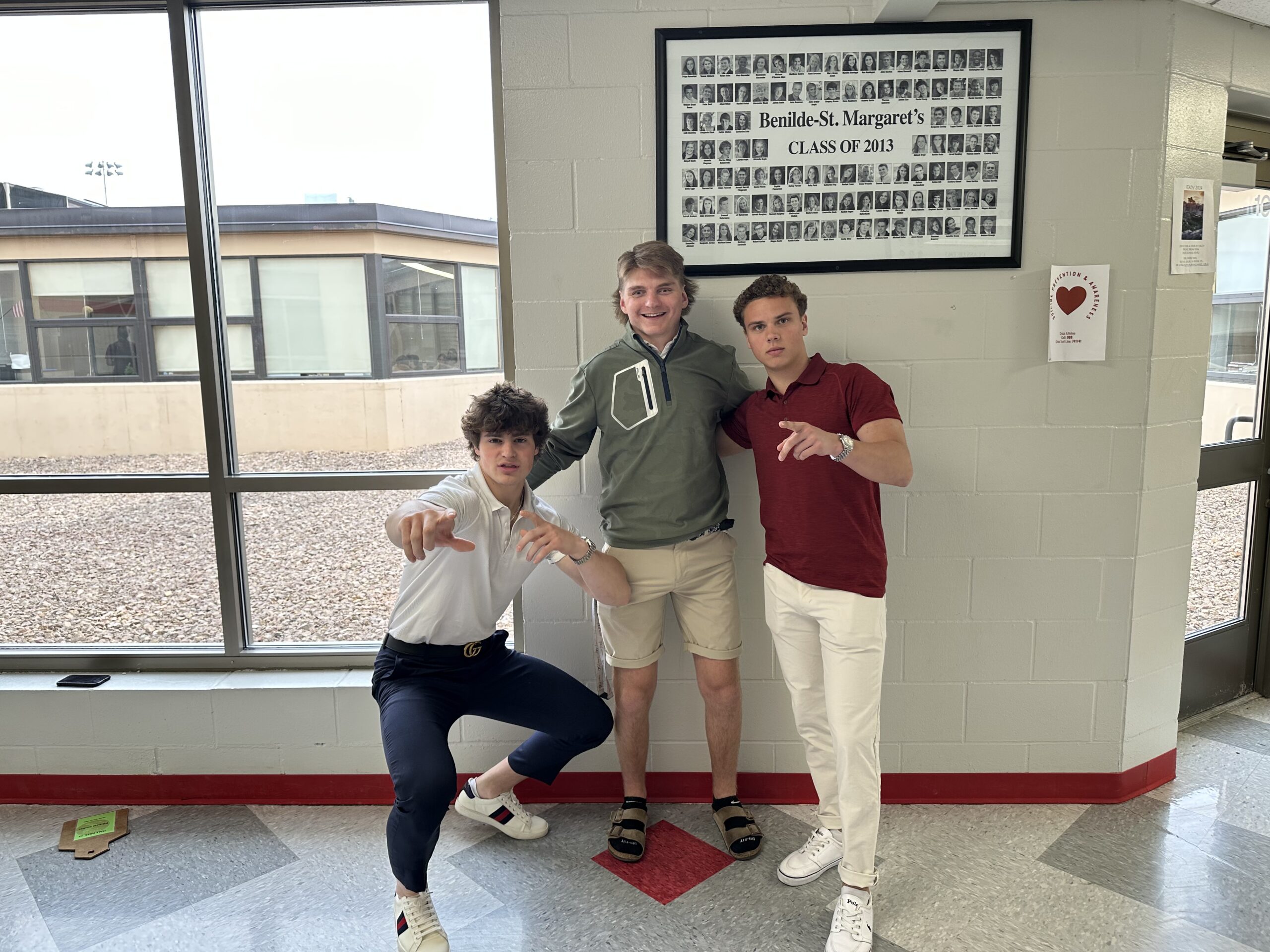
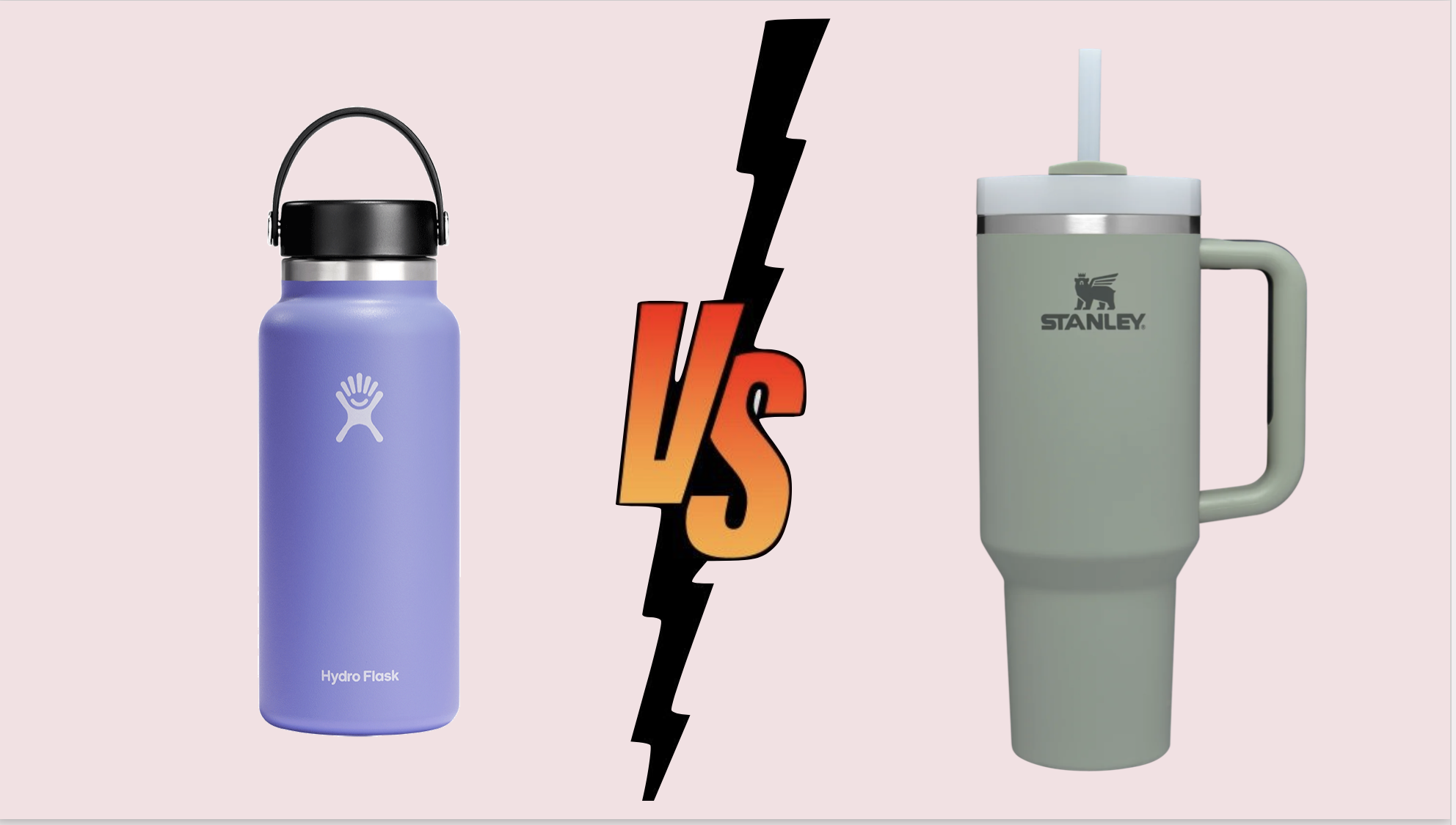
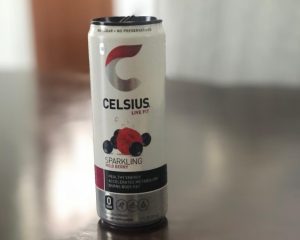
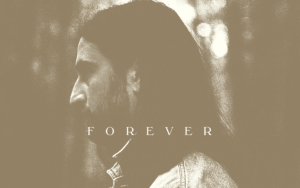
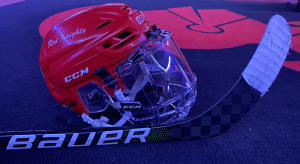
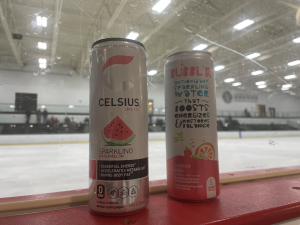

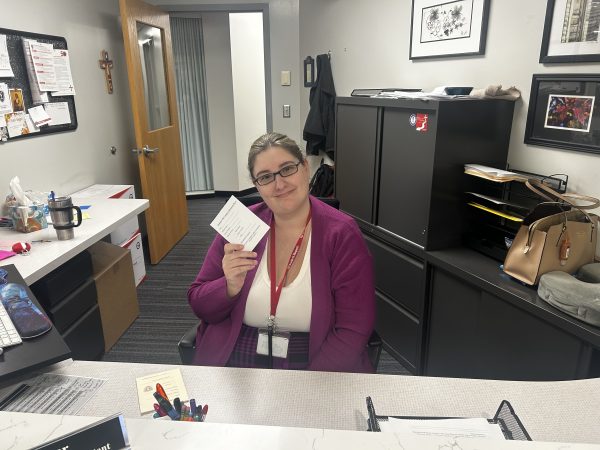
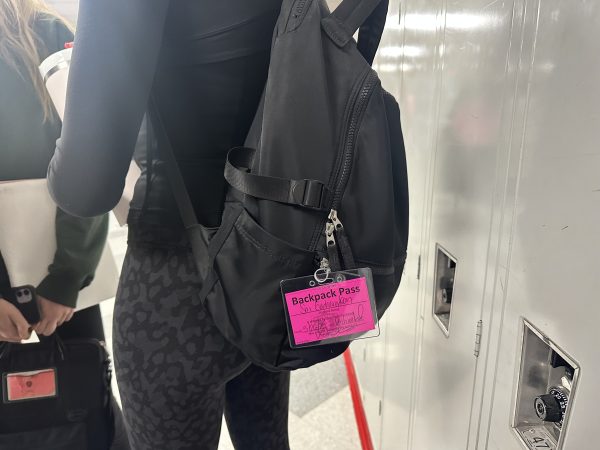
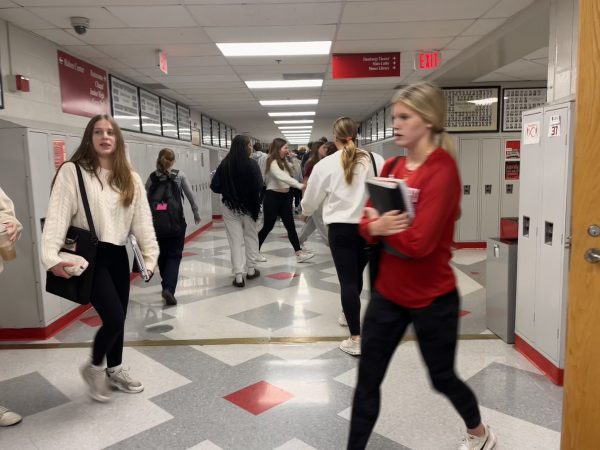
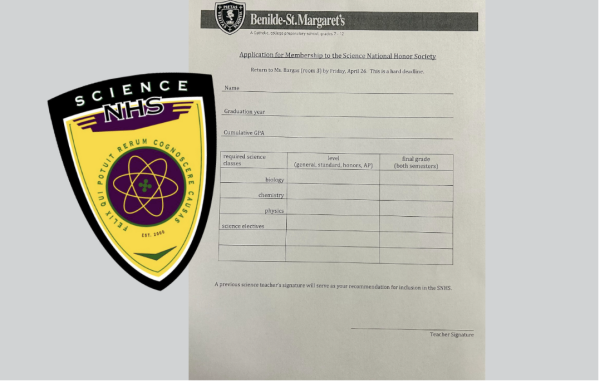
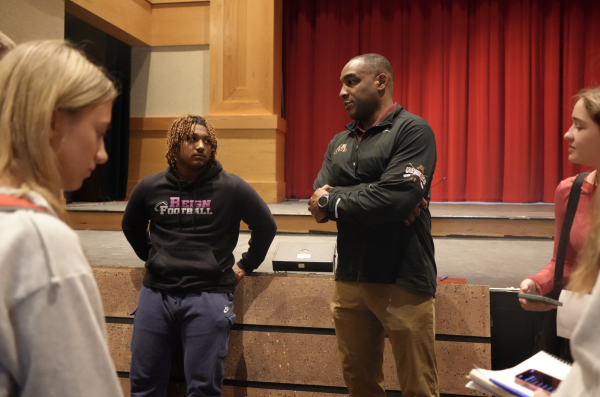

Ashley Byas • Aug 15, 2015 at 8:04 pm
My friend is a victim of police brutality here in flint, Michigan. He was brutily beat, tased unlawfully and put in jail. It seems as if in court his black life doesn’t matter as he is the victim and they want to throw away his life with 10 years. I would apperciate a deep prayer for the truth to prevail and he gain his innocence. Black lifes matter. Thank you.